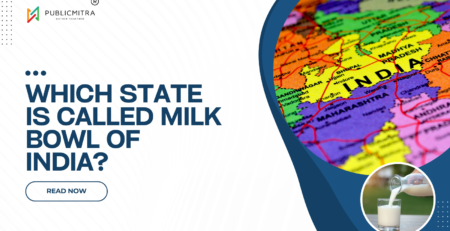Which Animal Is Pregnant the Longest? The Surprising Answer Revealed
Introduction
Pregnancy durations vary dramatically across the animal kingdom, from mere days to nearly two years. Understanding which animal holds the record for the longest pregnancy provides fascinating insights into biology, evolution, and survival strategies.
In this article, we explore:
✔ The animal with the longest gestation period
✔ How pregnancy length varies by species
✔ The biological reasons behind extended pregnancies
✔ Comparison with human pregnancy
✔ Fascinating facts about animal reproduction
We’ll also examine related concepts such as gestation periods in mammals, delayed implantation, and evolutionary adaptations to provide a comprehensive understanding.
Which Animal Has the Longest Pregnancy?
The African elephant (Loxodonta africana) holds the record for the longest pregnancy in the animal kingdom, with an average gestation period of 22 months (nearly two years!).
Why Do Elephants Have Such Long Pregnancies?
- Large Brain Development: Elephant calves are born highly intelligent, requiring extended time for neural growth.
- Physical Size: A newborn elephant weighs around 200-300 lbs (90-136 kg)—longer gestation ensures proper development.
- Complex Social Structure: Elephants need advanced survival skills to integrate into matriarchal herds.
Top 10 Animals with the Longest Gestation Periods
| Animal | Average Gestation Period | Key Facts |
|---|---|---|
| African Elephant | 22 months | Largest land mammal |
| Sperm Whale | 14-16 months | Deep-diving marine giant |
| Black Rhinoceros | 15-16 months | Critically endangered |
| Giraffe | 14-15 months | Babies drop 6 ft at birth |
| Walrus | 15-16 months | Delayed implantation |
| Orca (Killer Whale) | 15-18 months | Highly social pods |
| Camels | 13-14 months | Survives extreme deserts |
| Donkeys | 11-14 months | Longer than horses |
| Zebras | 12-13 months | Striped foals stand quickly |
| Humpback Whale | 11-12 months | Long migratory births |
Why Do Gestation Periods Vary So Much?
Several factors influence pregnancy length:
1. Body Size & Metabolism
- Larger animals generally have longer pregnancies (e.g., elephants vs. mice).
- Exception: Some marsupials (like kangaroos) have short pregnancies but long pouch development.
2. Brain Complexity
- Intelligent species (whales, primates) require extended gestation for brain growth.
3. Environmental Adaptations
- Delayed Implantation: Some animals (bears, walruses) pause embryo development until conditions are ideal.
- Precocial vs. Altricial Young:
- Precocial (e.g., giraffes) – Born ready to run.
- Altricial (e.g., humans) – Require extensive postnatal care.
How Does Human Pregnancy Compare?
| Species | Gestation Period | Birth Weight | Development at Birth |
|---|---|---|---|
| African Elephant | 22 months | 200-300 lbs | Walks within hours |
| Human | 9 months | 5-8 lbs | Highly dependent |
| Dog | 2 months | 0.5-1.5 lbs | Blind, deaf initially |
| Mouse | 20 days | Few grams | Hairless, eyes closed |
Key Insight: Humans have relatively long pregnancies for their body size due to complex brain development.
Fascinating Animal Pregnancy Records
Shortest Gestation: Virginia Opossum (12 Days!)
- Marsupials have ultra-short pregnancies, with further development in the pouch.
Most Extreme Delayed Implantation: Armadillos
- Can pause pregnancy for up to 2 years until environmental conditions improve.
Longest Marine Mammal Pregnancy: Sperm Whale (16 Months)
- Deep-sea living demands extended fetal development.
Most Unusual Reproduction: Seahorses (Male Pregnancy!)
- Males carry eggs in a pouch for 2-4 weeks.
Future Research in Animal Gestation
Scientists are studying:
🔬 Genetic factors influencing pregnancy length.
🌍 Climate change effects on gestation (e.g., polar bears).
🤖 AI modeling to predict endangered species’ reproductive success.
Conclusion
The African elephant wins the title for the longest pregnancy in the animal kingdom, but many other species also have remarkably extended gestation periods due to size, intelligence, and environmental factors.
Understanding these variations helps in wildlife conservation, veterinary science, and evolutionary biology. As research advances, we may uncover even more astonishing facts about animal reproduction!








